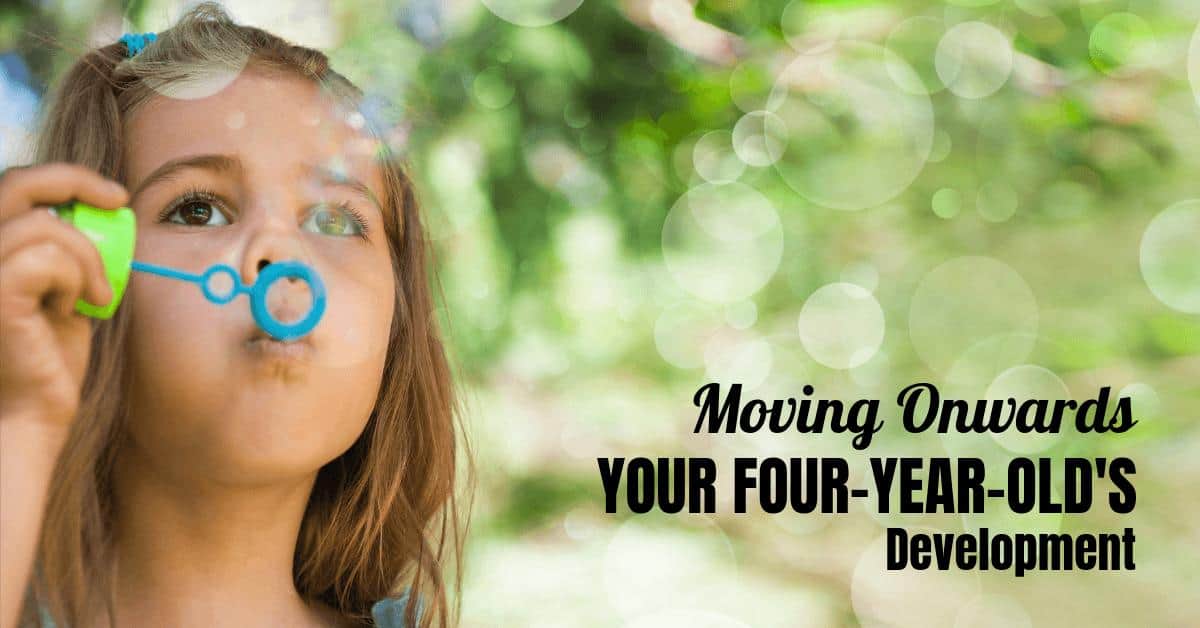Your child is four-years-old, and it’s likely you’ll be looking ahead to enrolling him in school soon. There is a nagging worry that can trouble many parents: how do you know if your child is at the right level and has the skills he needs to fit in at school? How can you make sure he won’t be trailing behind his classmates? Here’s how you can ensure your child doesn’t struggle and has a peaceful transition into formal education.
Your four-year-old will be confident in his gross motor skills. He’ll be able to climb stairs like an adult, walk in a straight line, hop on one foot, and climb ladders or trees. It’s likely he’ll be better at ball games and be able to throw and catch with more accuracy than just a year ago. Allowing your child to continue practicing these skills is essential since physical activity will help him develop more than just physical coordination—it will help him improve his social and cognitive skills as he learns to play with others. He will also build his thought processes in terms of spatial awareness, judgment, risk assessment, and planning.
A four-year-old’s fine motor skills will also be coming along at speed. By now, he’ll be able to build a tower of ten or more blocks, construct more creative buildings, and will start to understand concepts such as balance and stability. He’ll have a mature pincer grip when holding a pencil, his pictures will become more recognizable and realistic, and he’ll be getting better at coloring within the lines.
He’ll be more comfortable with zips and buttons and may be able to dress without help. He’ll be proficient using a spoon or fork but may be less dexterous when using a knife to cut his food. It’s important to encourage your child to be as independent as possible when eating and dressing. He’ll be better at doing jigsaws, and able to associate shapes and colors with the gaps in the puzzle.
At this age, any construction toys and materials for creative activities such as paints or crayons will help him to develop his fine motor skills as well as give him a creative outlet—an important cognitive ability.
It’s likely your child will still love snuggling up for a story and will be following the words and pictures with his eyes. He may even be able to recognize letters or numbers. He will be able to name more colors correctly. Now is an excellent time to play games such as “I Spy” with colors, rhyming songs with numbers or letters, or any games that involve him identifying different objects. This will help your child learn the basic counting and alphabet he’ll need when he starts school and improve his vocabulary.
It’s vital that your child has the opportunity to play with other children—this will give him the social skills he needs to make friends when he starts school as well as teach him the concepts of sharing, taking turns, and winning and losing. He’ll need these skills throughout his life.
This is perhaps the last opportunity you have as a parent to make sure your child has the skills and confidence to start school. A child who is comfortable in his new environment will be happier and do better than one who is struggling with a huge learning curve. As a parent, you’re well placed to support your child and give him the best start possible.



